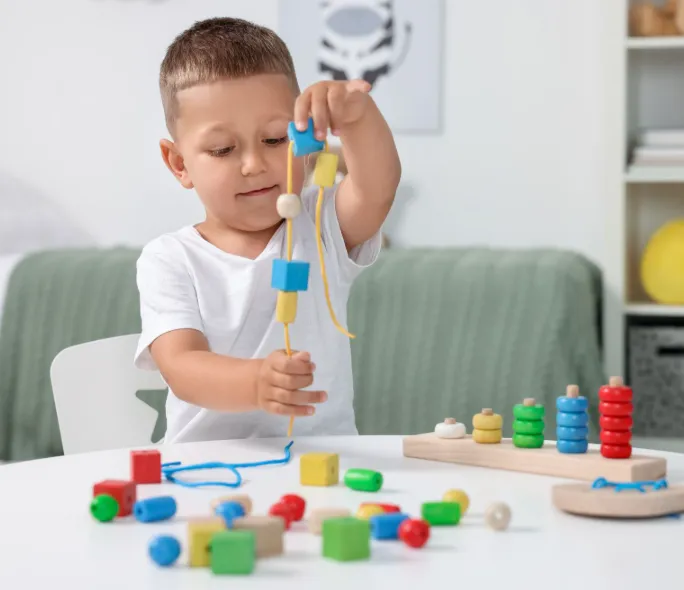Summer break is more than just vacations and sunshine—it’s a valuable time for kids to grow emotionally, socially, and intellectually. As parents, one of the greatest gifts we can give is the chance for our children to develop confidence and independence through meaningful experiences. The right mix of activities—blending classic pastimes with modern tools—can encourage creativity, resilience, and self-esteem.
Here are some confidence-building summer ideas to help kids thrive:
1. Dive Into a Personal Coding Project
Coding teaches problem-solving and logical thinking while allowing kids to build something entirely their own. Completing even a simple project—like a game or animation—can give them a powerful sense of achievement. Younger kids might enjoy playful, story-based platforms, while older ones can experiment with creating websites, apps, or even prototypes. Sharing their finished work with family adds an extra boost by practicing communication skills.
2. Experiment with Creative AI Tools
Modern AI programs are intuitive and designed to spark imagination. Children can use them to invent characters, write short stories, design graphics, or create digital artwork. Encourage your child to plan something fun—such as their dream vacation—then bring it to life through stories or visuals. This process builds independence while reinforcing ownership of ideas.
3. Try Out a Mini Business
Running a small summer business helps children understand responsibility, money management, and planning. They might sell crafts, baked goods, or digital designs, or even set up an online shop for their creations. Creating a simple business name, tracking expenses, and presenting their ideas to family or friends can foster both confidence and real-world skills.
4. Keep a Confidence Journal
Journaling is a simple yet powerful way for kids to process emotions and recognize personal growth. Prompts like “What made me proud today?” or “What challenge did I overcome this week?” encourage self-reflection. Adding doodles or digital artwork makes it even more engaging. Over time, children start to see how much progress they’ve made—fueling a stronger sense of self.
5. Enroll in an Online Tech Camp
Virtual camps offer structured programs in coding, robotics, game design, and more. Working through real challenges while collaborating with peers encourages independence and problem-solving. These camps often provide flexible schedules, making them a great option for balancing fun with learning.
6. Let Kids Cook a Family Meal
Cooking gives children responsibility from start to finish: planning, preparing, and presenting a dish. They can design menus, choose ingredients, and even record their process for a fun recap video. Hosting a weekly “Chef’s Night” where kids take the lead not only teaches life skills but also instills pride in their accomplishments.
7. Organize Backyard Science or Engineering Projects
DIY experiments and engineering challenges teach kids the value of trial and error. From balloon-powered cars to simple robots, these hands-on projects show that failure is part of the learning process. Hosting a small “science showcase” at home allows children to present their ideas, boosting both confidence and communication skills.
8. Practice Public Speaking in Fun Ways
Confidence often grows when kids learn to express themselves clearly. Encourage them to create short video presentations about their projects or even host a family “TED Talk Night.” Practicing in a supportive environment helps them build communication skills that will serve them well in school and beyond.
9. Blend Nature Exploration with Technology
Spending time outdoors naturally boosts confidence and curiosity. Pairing nature walks with digital tools—like apps for identifying plants or creating a photo journal—adds an educational layer. Kids learn to appreciate the natural world while practicing observation and reflection.
10. Build a Digital Vision Board
Encourage children to think about their future by creating a visual roadmap of their goals and dreams. They can explore careers, hobbies, or personal aspirations, then design a board that represents where they see themselves in the coming years. This activity nurtures ambition while giving kids ownership of their future path.
The Balance of Tradition and Technology
Confidence doesn’t come from perfection—it grows through exploration, creativity, and overcoming challenges. Whether kids are coding, experimenting with AI, cooking, or simply exploring the outdoors, summer provides countless opportunities to strengthen independence and resilience.
By combining timeless activities with modern tools, we can help raise a generation of curious, capable, and confident kids ready to take on the world.
